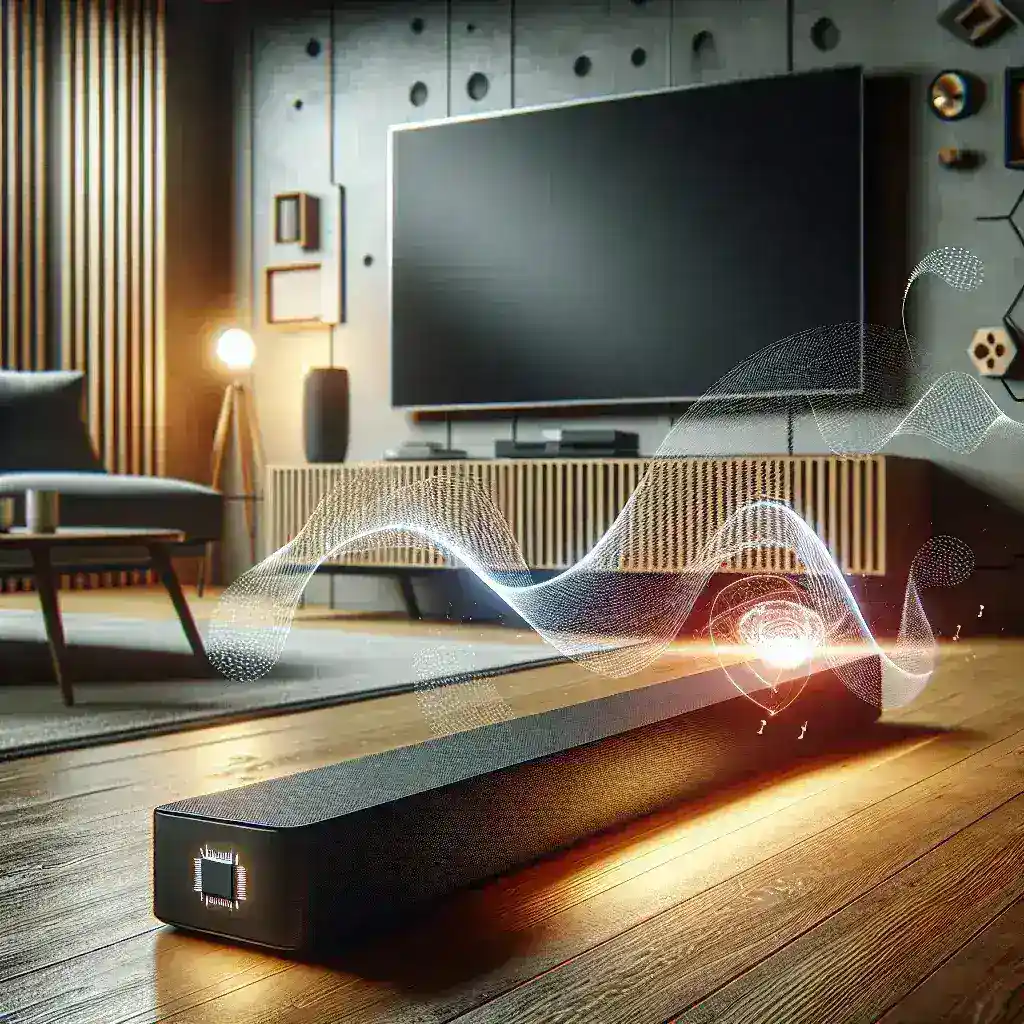Introduction
In the ever-evolving world of home audio systems, Sonos has always stood out as a leader in innovation and design. With recent rumors swirling about the launch of a new soundbar equipped with spatial audio AI technology, audiophiles and tech enthusiasts alike are eager to learn more about what this could mean for their listening experience. This article delves into the potential features, advantages, and implications of this new product while considering the future of soundbar technology.
The Evolution of Soundbars
Over the past decade, soundbars have transformed from simple audio enhancers to sophisticated audio systems capable of delivering immersive sound experiences. Initially designed to complement flat-screen televisions, modern soundbars now incorporate various technologies, including Dolby Atmos and DTS:X, to create a multidimensional audio experience. The rumored introduction of spatial audio AI by Sonos could further propel this evolution and set new industry standards.
What is Spatial Audio AI?
Spatial audio AI refers to a technology that enhances the audio experience by utilizing artificial intelligence to create a three-dimensional sound environment. By analyzing audio signals and adjusting them in real-time, spatial audio allows listeners to perceive sound as coming from various directions, much like they would in a live setting. This technology aims to replicate the experience of being enveloped in sound, making it particularly appealing for movies, music, and gaming.
Key Features of the Rumored Soundbar
While details regarding Sonos’s upcoming soundbar remain scarce, several potential features could define this product:
- Advanced Spatial Audio AI: The heart of the rumored soundbar, designed to create a lifelike auditory experience that mimics a surround sound environment.
- Adaptive Sound Calibration: Utilizing microphones and AI, the soundbar could automatically adjust its settings based on the room’s acoustics and the listener’s position.
- Seamless Integration: As with existing Sonos products, the new soundbar would likely allow for easy integration into existing home audio systems and smart home ecosystems.
- Multi-Room Capabilities: Building on Sonos’s hallmark, the soundbar may support multi-room audio, allowing users to enjoy synchronized sound throughout their homes.
- Voice Control and Smart Features: Enhanced voice control capabilities that integrate seamlessly with virtual assistants could be anticipated.
Historical Context of Sonos Innovations
Sonos has consistently been at the forefront of audio technology advancements. The company has pioneered numerous features that have shaped the home audio landscape. From their first multi-room audio system launched in 2005 to their integration of voice assistants and support for various streaming services, each product has built upon the last, creating a legacy of innovation. The anticipated soundbar with spatial audio AI appears to be the next logical step in this progression.
Pros and Cons of Spatial Audio Technology
As with any emerging technology, spatial audio AI offers both advantages and challenges. Here’s a closer look:
Pros
- Immersive Experience: The primary advantage is undoubtedly the enhanced listening experience, which can transport listeners into the center of their favorite movies or games.
- Personalization: Adaptive sound calibration allows for a customized audio experience tailored to individual preferences and room dynamics.
- Future-Proofing: Implementing AI technology ensures the soundbar remains relevant as new audio formats and standards emerge.
Cons
- Complexity: The integration of advanced technology could lead to a steeper learning curve for some users.
- Price Point: Innovative features often come with a higher price tag, potentially limiting accessibility for some consumers.
- Audio Dependence: While AI can enhance audio quality, it may not fully replicate the experience of high-end, separate audio systems.
Future Predictions for Audio Technology
As the home audio market continues to evolve, several trends can be anticipated:
- Increased Use of AI: We can expect artificial intelligence to play a more significant role in audio technology, from sound calibration to content recommendations.
- Greater Emphasis on Multi-Device Integration: The future will likely see audio systems that can seamlessly connect with various devices, providing a cohesive user experience.
- Expansion of Spatial Audio Formats: As more content becomes available in spatial audio formats, demand for compatible systems will grow.
Conclusion
The rumored launch of a Sonos soundbar featuring spatial audio AI marks an exciting development in home audio technology. As Sonos continues to innovate, the potential for an immersive audio experience becomes ever more tangible. While we await official announcements and product specifics, the anticipation is already building among consumers eager to experience the next generation of sound. Whether you’re a movie lover, gamer, or music enthusiast, the future of audio promises to be more engaging than ever.

